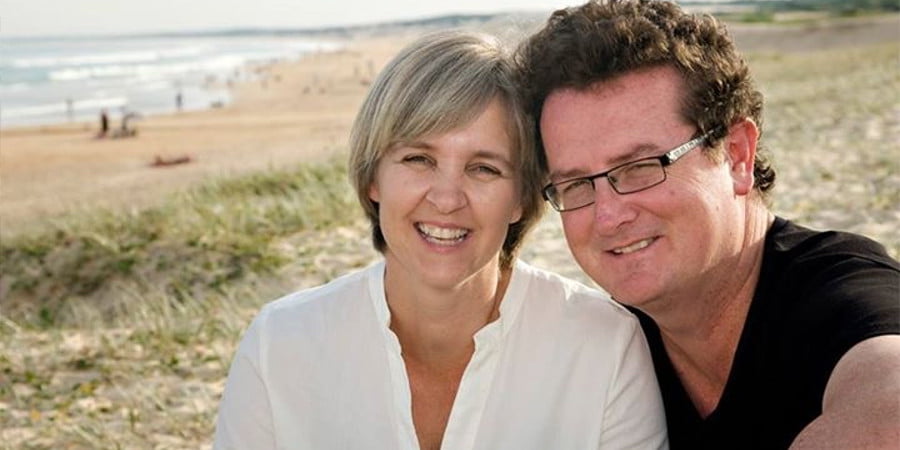Just about everybody I know wants to lead the good life, but what does that mean when your body is slowly deteriorating and making you increasingly disabled?
I have found the writing of Miroslav Volf helpful. In the book A Public Faith, Volf, a Professor of Theology at Yale Divinity School, describes three phases in Western thinking about what makes for a good or flourishing life. For many centuries it was widely accepted that to flourish was to love God and be loved by God and to love one’s neighbour and be loved by once neighbour. In the 18th century the rise of humanism saw love of God dropped from the formulation, but the emphasis remained upon love for one’s neighbour. In the late 20th century, love of one’s neighbour was replaced with love of oneself as the good life came to be seen as the one in which I gain experiential satisfaction.
I find experiential satisfaction an inadequate framework for making meaning in my life. As my body deteriorates under the ravages of Parkinsons and leukaemia the opportunities for experiential satisfaction will diminish. Yet by embracing an older wisdom my life can continue to be invested with meaning. Even though I deteriorate physically this will not prevent me from loving God or being loved by God, nor from loving my neighbour and being loved by my neighbour.
And I’m not alone. It’s remarkable how many people who experience tragedy or suffering, derive meaning by using the tragedy or suffering to bring benefit to others. They start a foundation or become campaigners. Either way they too are finding the notion of experiential satisfaction an inadequate structure for meaning and are reverting back to the focus on love of neighbour.





